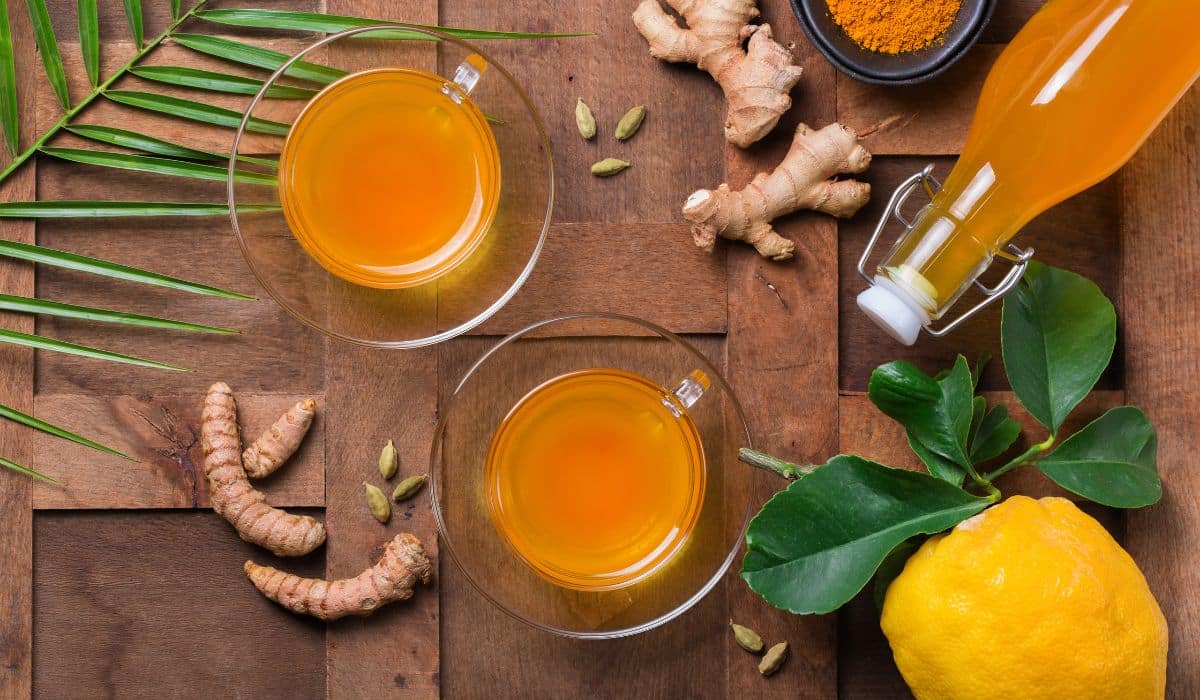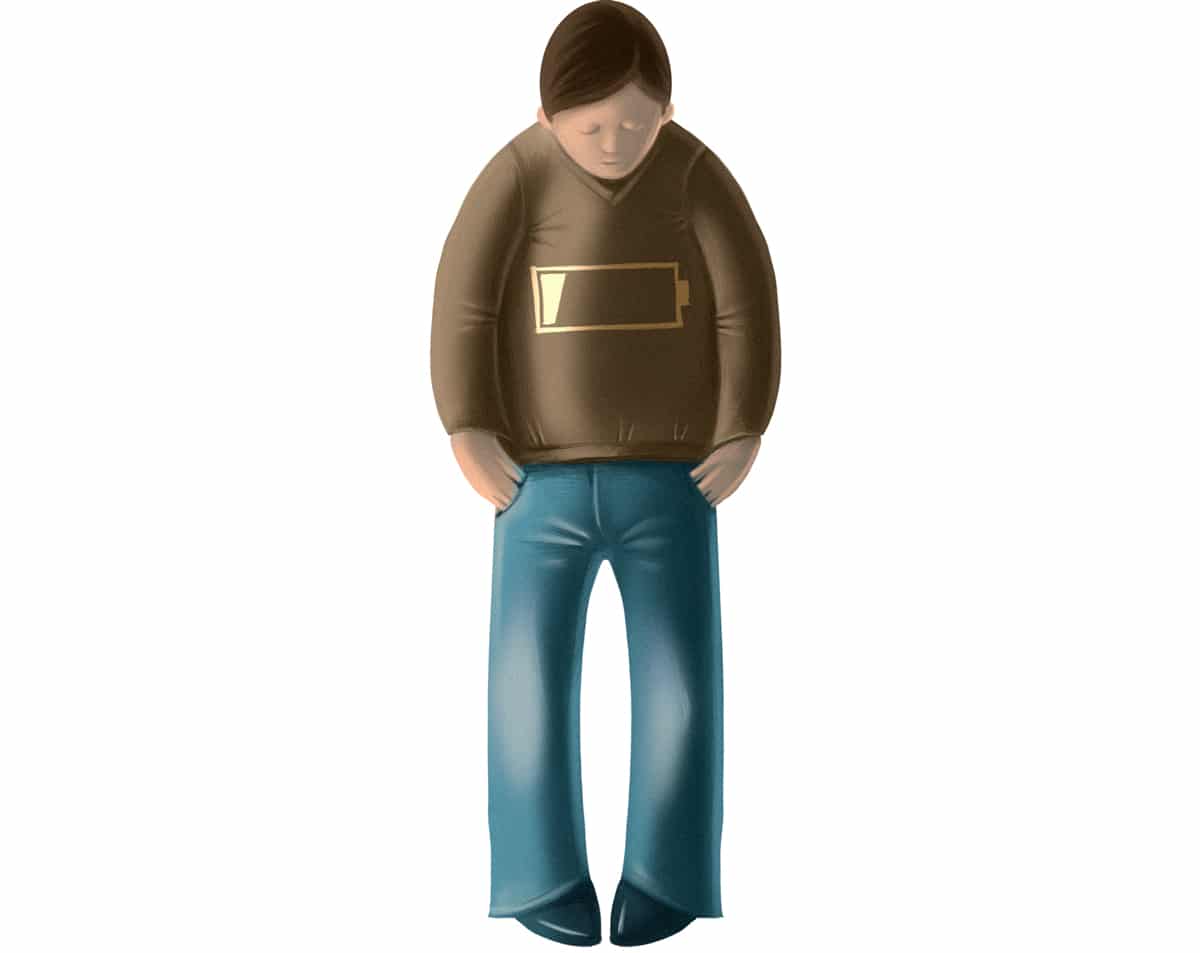
We all have days when we struggle to get to the gym. But some people are usually motivated and enthusiastic about working out - they just have occasional blah days. Meanwhile, other people never want to get off the couch: every day is a blah day and it’s a constant struggle for motivation.
Why the difference? What’s so special about the exercise enthusiasts that makes them legitimately want to head to the gym (or the trail, or the pool, or the sidewalk)? There are obviously lots of reasons why people are or aren’t motivated to exercise: the availability of pleasant and safe places to work out, a schedule with room for fitness time, chronic pain, old injuries...the list goes on and on. But one big factor is the old Paleo enemy, inflammation.
The short version: inflammation causes something technically called “sickness behavior” - including sluggishness, aversion to challenges, and a general desire to retreat back to the couch and stay there. One big source of inflammation is the lack of hormetic stress, which is the kind of “good stress” we all had in our evolutionary environment. Another big source of inflammation is diet. If you’re constantly struggling with exercise demotivation and other kinds of sickness behavior, diet and lifestyle strategies that reduce inflammation might be the key.
(This post draws heavily on this research paper, which is free to read for anyone interested).
Inflammation and Sickness Behavior
Inflammation is a normal immune system response to any kind of infection. To your body, inflammation is a sign of sickness, which means that it’s time to rest up and recover. Inflammation is a signal to slow down and take it easy.

There’s quite a bit of research on inflammation as a driver of “sickness behavior” (in ordinary English, that’s the instinct to curl up in bed with a cup of tea and a book when you’re sick, instead of going out to face new and exciting challenges). Sickness behavior make people less exploratory and curious and more anxious. The release of inflammatory proteins called cytokines basically makes most people feel lethargic, sleepy, and prone to staying on the couch.
This makes perfect sense if you actually have a cold or something, because slowing down and resting is exactly what you need to do. For people who usually feel motivated to work out but occasionally have inexplicable bad days - you might be about to get sick, or you might have higher levels of inflammation because your immune system is fighting something off, even if you don’t have symptoms.
But what about chronic inflammation? Most of us don’t have a cold 24/7/365, so infections can’t really account for it. In people who don’t have a chronic disease, chronic inflammation is more likely to be a symptom of diet and lifestyle.
The typical Western diet pattern is incredibly pro-inflammatory: everything is full of industrially processed cooking oil, refined sugar, and gut irritants - not to mention a serious lack of anti-inflammatory omega-3 fats, fresh plant foods, and antioxidant nutrients. Unsurprisingly, obesity and “lifestyle diseases” like diabetes are marked by chronic low-grade inflammation and a pattern of sickness behavior: the same lousy diet that causes people to gain weight in the first place also increases inflammation, which makes them feel lethargic, so they don’t want to exercise, so they gain more weight...
Reducing Inflammation, Reducing Sickness Behavior, and Getting your Mojo Back
So, knowing all of this, what can you do about it?
The obvious answer is: if exercise motivation is a constant challenge, try focusing on inflammation first.
Two recent papers (one, two) specifically found that a Paleo diet in general reduces inflammation. That’s just a built-in feature of the diet.
Partly that’s because Paleo eliminates pro-inflammatory foods like industrial fats and sugar, but it’s also because Paleo is rich in anti-inflammatory foods and nutrients. There’s a lot of data on specific foods and their anti-inflammatory benefits - check out other posts on turmeric, spices in general, fiber, bone broth, and the importance of good gut health. There’s evidence supporting at least some of these (probiotics, dietary antioxidants, and Omega-3 fats) for specifically reducing sickness behavior.
If all that made your eyes glaze over a little, here’s a quick checklist for anti-inflammatory Paleo eating:
- DO eat lots of different fruits and vegetables.
- DO eat lots of fatty fish, like salmon and sardines.
- DO use spices in your cooking.
- DON’T go overboard replacing bread and bakery products with nut flour
- DON’T cook with corn oil, soybean oil, or “vegetable oil.”
Exercise also helps increase motivation to exercise.
Ironically, exercise is also a great cure for inflammatory “sickness behavior.” Regular exercise reduces levels of the same inflammatory proteins that drive sickness behavior, which is one reason why exercise is such an effective treatment for depression and reduces inflammatory fatigue in MS patients. It really is true that you’ll feel better after you work out, even if it sucks to get going.
Hormesis
Tying all of this into a Paleo/evolutionary framework, this study makes the case that the benefit of both antioxidants and exercise come from hormesis. You can read more about hormesis here: the short version is that hormesis is “good stress” that makes you stronger when you bounce back. Hormetic stressors include intense exercise, periodic calorie scarcity, exposure to uncomfortably hot or cold temperatures, and dietary antioxidants.
Hormetic stress is the kind of stress that people evolved to deal with, and it’s really lacking in a typical 21st-century life. We have plenty of stress - sitting in traffic, worrying over our taxes, chronic financial or relationship stress - but few of the hormetic stressors that used to be so common in our ancestral environment. The review above concludes that
“...in a continuous obesogenic environment with reduced hormesis, an animal, without any evidence of physical injury, may cross a tipping point and display inflammatory-induced sickness behaviour, with reduced exercise salience.” [Exercise salience = “how appealing a workout sounds to you.”]
Summing it Up
One day of total demotivation could be anything. But there’s a common pattern of exercise avoidance that really suggests an inflammatory/sickness behavior problem:
- It’s a chronic thing (not just one day)
- It’s not caused by overtraining, maybe because you can never start training in the first place
- It has nothing to do with the specific type of exercise (for example, it’s not that you hate running specifically; all exercise is equally bad).
- It isn’t obviously caused by some other factor (fatigue, poor sleep, associating all exercise with years of gym-class humiliation…)
If that’s you, inflammation might be something to look into for a fix.





Leave a Reply